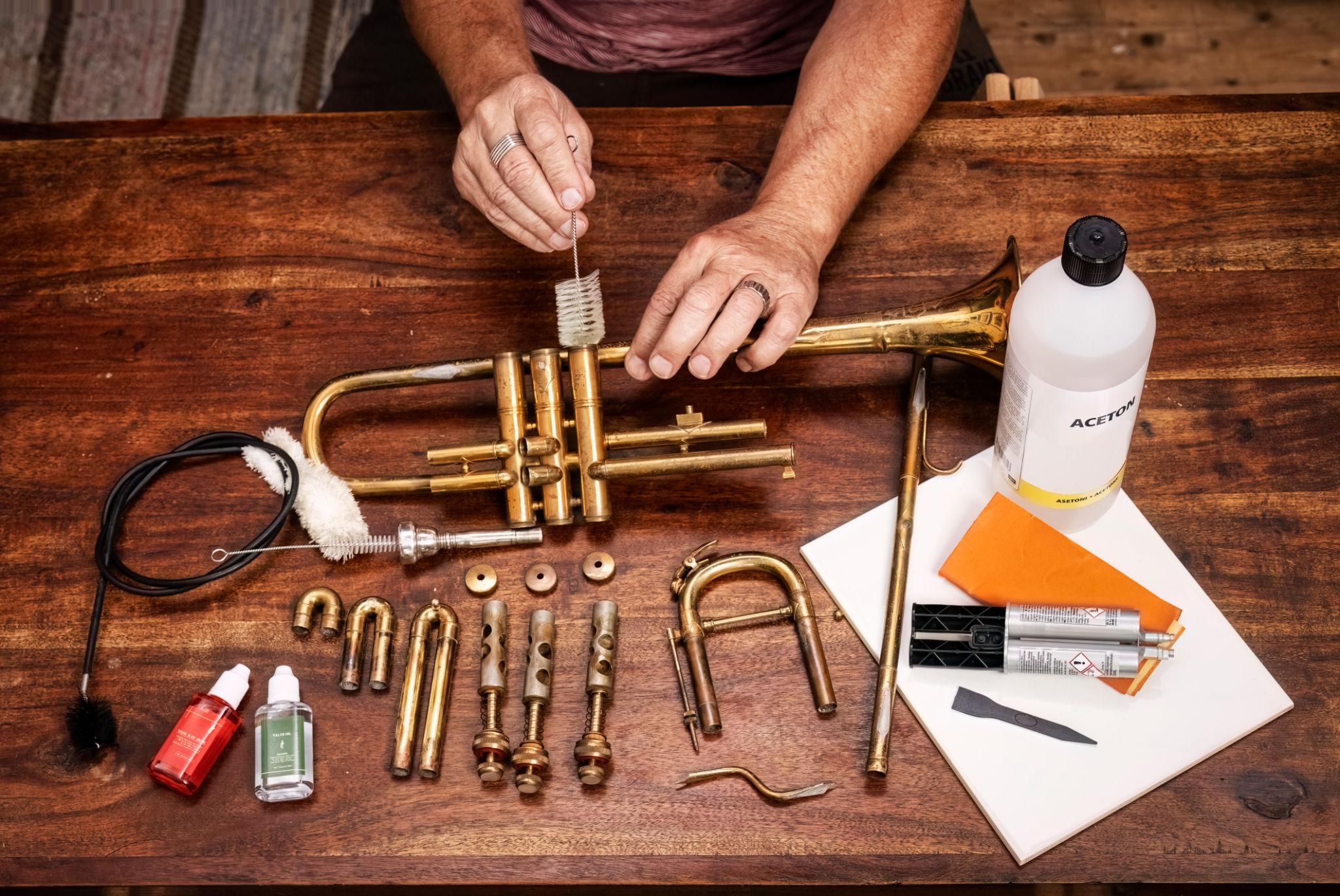A Musician's Guide to Maintaining Your Musical Instruments
Introduction to Instrument Care
As a musician, your instruments are your most valuable companions. Whether you're a seasoned professional or an enthusiastic beginner, maintaining your musical instruments is crucial for ensuring their longevity and performance quality. Proper care not only enhances the sound but also preserves the instrument's aesthetic and structural integrity.
Different types of instruments require different maintenance techniques. In this guide, we'll take you through essential tips for keeping your instruments in top shape, so they continue to produce beautiful music for years to come.

String Instruments
Regular Cleaning
The first step in caring for string instruments like violins, cellos, and guitars is regular cleaning. Use a soft, dry cloth to wipe down your instrument after each use. This helps remove rosin dust, fingerprints, and oils that can damage the finish over time. Avoid using water or harsh chemicals that could harm the wood or varnish.
Tuning and String Replacement
Keep your instrument in tune to maintain its sound quality. Regularly check the tuning pegs and adjust as needed. Additionally, strings should be replaced periodically as they can wear out and affect sound quality. For most string instruments, changing strings every few months is recommended.

Woodwind Instruments
Proper Cleaning Techniques
Woodwind instruments like clarinets and saxophones require careful cleaning after each use. Use a swab to remove moisture from inside the instrument, especially in the bore. This prevents mildew and prolongs the life of pads and corks. Mouthpieces should be cleaned with warm water and mild soap.
Cork and Pad Maintenance
Corks need to be kept supple to ensure a good seal and smooth assembly. Apply cork grease sparingly to maintain their condition. Pads should be checked regularly for wear and replaced if necessary to prevent air leaks.

Brass Instruments
Daily Cleaning Routine
For brass instruments such as trumpets and trombones, a daily cleaning routine is essential. After playing, remove moisture by emptying the water key and wiping the exterior with a soft cloth. Regularly clean the mouthpiece using a mouthpiece brush and warm, soapy water.
Valve and Slide Maintenance
Valves and slides are critical components of brass instruments. Apply valve oil regularly to keep them operating smoothly. Slides should be lubricated with slide grease to ensure easy movement during play. Routine checks and cleaning can prevent costly repairs in the long run.

Conclusion
Maintaining your musical instruments is an ongoing process that requires dedication and attention to detail. By following these guidelines, you can ensure that your instruments remain in excellent condition, delivering optimal sound and performance. Embrace these practices as part of your musical journey, and your instruments will continue to inspire you for years to come.
Remember, proper care not only enhances your music but also reflects your respect for the art form and the tools that make it possible. Happy playing!
